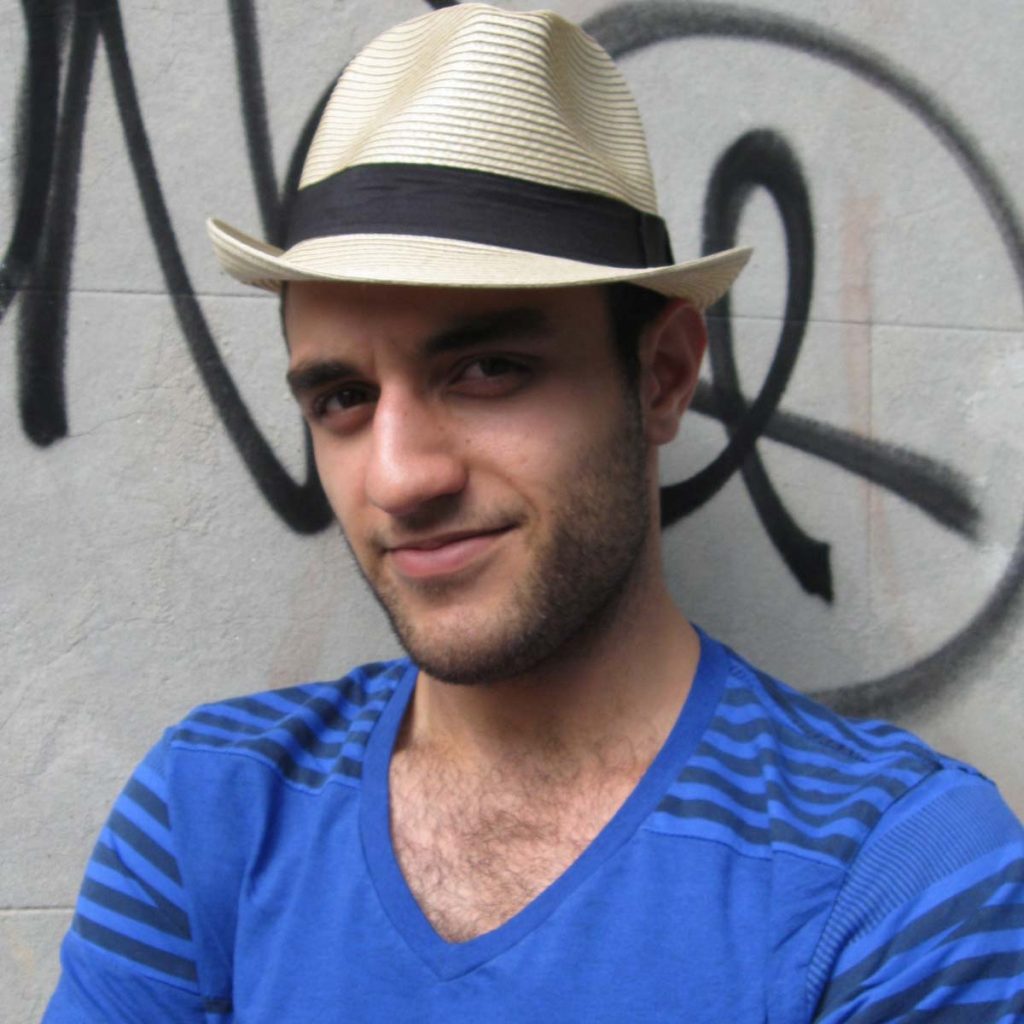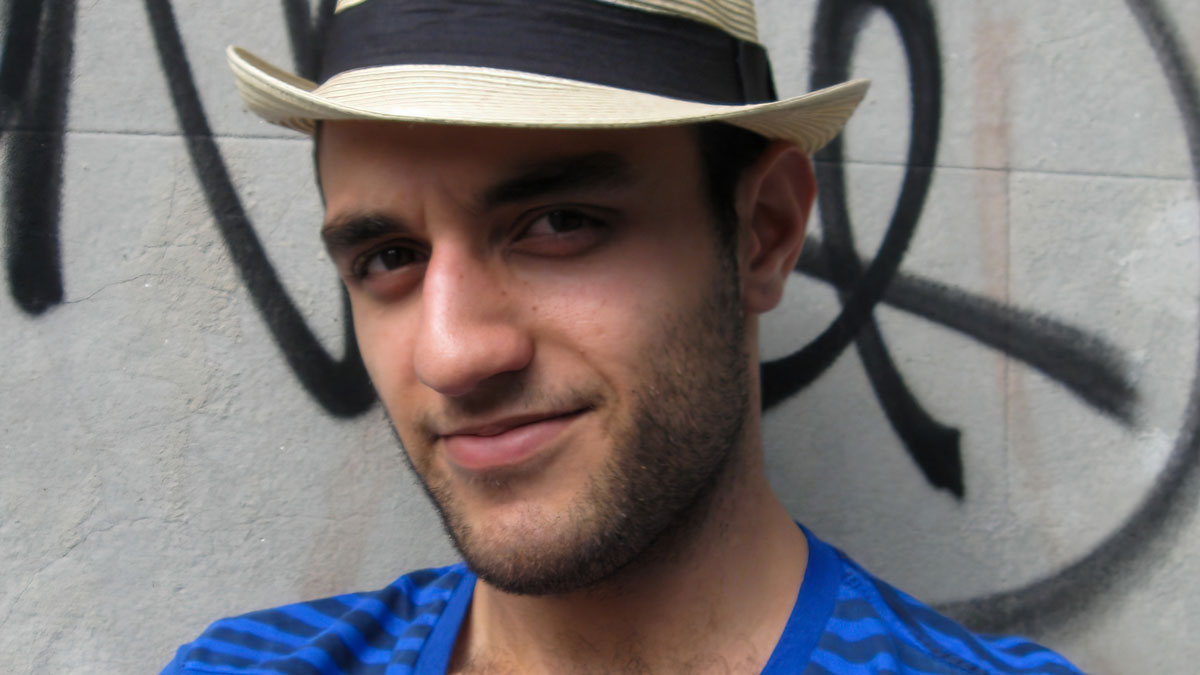Confessions of a Control Freak – Part 8: A Cycle of Workaholism
Confessions of a Control Freak is a memoir blog series exploring the impact of Obsessive Compulsive Personality Disorder, its origins, and the rocky path to recovery. Names and identifying details have been changed to protect the privacy of all featured individuals. Subscribe to receive all future posts. More about OCPD here.
I
Misattuned as I felt my mother had been to my emotional needs, I was perhaps equally wounded by my father’s growing distance.
When I was a child, however, my father and I shared precious moments in which our two worlds briefly aligned.
At bedtime, he would recite tales of Brer Rabbit, sing us lullabies, and caress our backs until we fell asleep.
Aged six, he would welcome me onto his lap. From this perch, I would read aloud the complicated Latin names of my favorite dinosaurs, my dad patiently helping me sound out the phonetics.
As a teenager, he became a loyal reader of all my derivative takes on fantasy fiction and even paid for me to attend writing classes.
Sprinkled throughout these years were spontaneous displays of generosity, such as the random purchase of a violin when I was 14, in honor of my fleeting interest in Celtic music.
Given my dad was a music teacher, this seemed like the perfect bonding opportunity for the two of us. But 10 minutes into explaining basic fingerwork, he wandered off to attend to one of his compositions.
Though I might be his biological child, it was my father’s creative progeny that required special attention most.
Beg for his help though I might, it was clear by my dad’s glazed look that it was a wasted effort.
In all fairness to my father, his music was a ticket out of inner torment; a torment I suspect only later deepened by the perception he might have neglected his family.

II
In my teen years, I came to regard my father as a boarder with whom I had been forced to lodge and my mother as a reluctant landlord.
Her chief concerns, it seemed, were custodial: ensuring her three kids were clothed, fed, and housed.
And yet when it came to talking to us, her manner could best be described as irritable and remote.
Her ability to disguise these feelings when interacting with other people, however, was remarkable.
Let’s say she was mid-confrontation with me or one of my siblings when the phone rang. Within an instant, she would go from barking at us to courting friends and distant relatives with a charm she seemed to hold in reserve for everyone else.
Should we interrupt by asking a question or requesting her intercession in a conflict, my mother’s beaming face would transform into a sheer rock face.
“I’m on the phone,” she would eventually snap, holding the receiver to her chest. “Be quiet!”
Our existence having apparently been forgotten, she would resume her call, feigning laughter at something the other person had just said.
Mom’s ability to shift gears so seamlessly was quite the performance feat, yet I took it simply as evidence of her untrustworthiness.
III
For someone who was so keenly interested in the big picture, mom never resisted the urge to zero in on granular details.
All of our clothes had to be ironed before we were presented in public. Every meal was to be made from scratch, with only the freshest ingredients.
On the matter of nutrition, mom was generally adamant, refusing to let us enjoy the heavily processed treats other kids my age were buying on their lunch breaks—soft drinks, sausage rolls, and cream buns.
Sweets were a very boom-and-bust type of situation in our household. The booms were usually dictated by the hospitality of a houseguest.
My aunty might appear with a box of Whitman’s Sampler Assorted Chocolates, and the next day or so it would be gone, devoured by me and my voracious siblings.
And there were other deviations, such as the time my mother treated us to chocolate croissants, cream-stuffed eclairs, Danish butter cookies, and almond fingers.
One time, while driving past a cheesecake shop, I mused aloud to myself how much I would just love to have a slice.
Upon hearing this, my mother turned the car around, led me to the shop counter, and helped me pick out an entire cake. Once we were in the car, I stared down at the open cake box on my lap with all the greed of a half-starved urchin looking at his first meal in days.
Two concerns were foremost in my mind. The first was that upon seeing the cake, the rest of the family would most certainly want a portion.
But this was an opportunity that would likely never repeat itself, and so I was reluctant to divvy up my unexpected prize.
The second concern was how I was possibly going to cram the entirety of the cake into my stomach in a single sitting.
“Have another one,” my mother said, once I had finished my first piece.
“I feel so guilty,” I groaned, licking mango-flavored glaze from my fingers.
“If you want more, have it,” my mother said.
Feeling quite the glutton, I snuck a glance at my mother, half-expecting to see a look of disapproval. But instead, there was no expression at all, save for the ghost of a smile.
IV
The factor that perhaps left me feeling most unsafe in our household, however, was the hypercritical atmosphere.
My parents might have usually spared us the lash, yet they were quick to condemn anyone or anything who failed to meet their standards.
We might be listening to a woman on the radio confess to eating dirt while pregnant, only for mom to snort about how much of an “idiot” she was.
At the mention of sexual intercourse on a TV program, my father would mutter angrily about “fornication” and change the channel.
That which was deemed to be a threat often merited a full-force response. Mention a hostile comment made by a school teacher, and my mother would swing right onto the warpath, vowing to “fix” the individual in question.
This ambient judgment often took the form of no response at all. One time, I dared to play them a demo of a music track I had recorded with a local community group.
I forced them to sit through three minutes of my nasal crooning, awaiting the praise I believed should follow, but they said nothing. Their silence spoke louder than any outright criticism might have otherwise.
waited expectantly for the obligatory praise I believed should follow, but they said nothing. And their silence really spoke louder than any outright criticism might have otherwise.

V
Encouragement, it seemed, was about as exotic to my parents as pepper was to the early Romans; a rare commodity, to be utilized in extremely small quantities.
While I came to accept “straight-talking realist” as the family motto, I often felt crushed under the weight of things left unvoiced.
This feeling of never quite being able to measure up would eventually set the adversarial tone of our relationship.
As teens, my sister and I learned to watch for when my parents donned their defensive carapaces during our many conflicts.
When those carapaces yielded spines, we would respond by breaking out in mocking imitation, imitation we had learned from them.
Exaggerated though these impersonations might be, they had the desired effect of silencing my parents or freezing the joints of their lumbering authority.
They called us scornful and disrespectful, but what no one seemed to realize was that this scorn and disrespect were rooted in untold agonies.
As children, we had turned to our parents in search of comfort and reassurance, and time and time again, we had found them to be fresh out.
VI
My brother’s rule-breaking ways may in part have been a reaction to this, a kind of one-child rebellion against a perceived abandonment.
Try as my parents did to overcompensate after his many apparent cries for attention—for example, by excusing the disappearance of money, the breaking of glass, the bruising of faces—nothing seemed to work.
In the absence of their protection, I took to hiding in my room, avoiding shared spaces for fear of a violent attack.
Even after my brother moved out, the tension that descended upon our home did not lift.
If my parents ruminated already about financial woes or lack of career success, they found new gristle for the mill by worrying endlessly about what end my wayward brother might meet.
Their preoccupation with his fate drained what little stores of patience and tolerance they had left, until at last, they ceased in my mind to be my parents, becoming instead mere functionaries.
Their only role now was twofold: administering the basic necessities of life, and putting me right if I ever strayed from the (very) straight and narrow.
It was only a matter of course, therefore, that I also don the carapace that would become my own personal iron maiden.
VII
Personality disorders, as it turns out, are as much a product of nature as they are nurture.
The development of my obsessive-compulsive personality disorder (OCPD) thus was likely the result of an existing genetic predisposition and the perceived lack in my childhood environment.
Eagle-eyed readers may have noticed similarities between my behavior and my own. While my mother would never seek an OCPD diagnosis, the traits of this condition I believe were present from the earliest.
Mom was, for example, an avowed perfectionist who managed to carve out a successful career for herself as a chef.
From humble beginnings flipping hotcakes at a cafe and making traditional Iranian stews and jeweled rice at home, to running her own successful fusion-style restaurant, my mother had a kind of culinary Midas touch.
Once she turned her hand to recreating a range of cuisines, few would remain outside of her wheelhouse.
From my childhood onward, I was spoiled with a variety of dishes: multi-layered birthday cakes, stir-fried noodles, tandoori curry, and chicken fajitas.
My mother’s successes however were as much a matter of talent as dedication. Much of her time was spent poring over cookbook after cookbook, recipe testing, and attending community college.
But the obsessiveness she brought to her work when taken to the extreme, as it so often was, had other consequences.
Long hours, little pay, abusive and exploitative bosses—there was no challenge, it seemed, which my mother was willing to rise to in the name of workaholism.
If the special work shoes she had to wear were too small for her feet, she would shove them on the same, until the little toes had become permanently deformed from the near-constant pressure.
If the cost of mom’s grueling work was that she returned home exhausted, stressed out, and manic, it was one she would happily endure.
The solution to such feelings, as it turned on, was to take on more work.
While downtime may have been a luxury my strung-out mom didn’t believe she could afford, her entrapment inside an anxious cycle of workaholism was, as I would later realize, self-perpetuated.
Mom had chased this career not simply because it provided a sense of mastery, however fleeting.
She chased it because the only antidote she could imagine for her perennial anxiety was by pursuing new challenges.
VIII
The extent to which this pattern was hereditary would not become apparent until later when my mom told me of the hardships her Iranian mother—my grandmother—had undergone.
Married at the age of 14, grandmother had been shipped off to live with a man 10 years her senior.
Iran had been wracked by famine at the close of World War II, and grandmother’s only choice had been to leave her newborn infant at home with the in-laws while she stood in a food line for days.
The single loaf of bread she received for her efforts was littered with the droppings of cockroaches and was by no means enough to sustain the family.
Just a few weeks later, after largely subsisting on sugar water from a sponge, her son died of malnourishment.
The profound suffering that followed would leave an indelible mark upon my grandmother’s household—and the psyches of her surviving children.
The mark was most visible in the way my mother held herself, as one in a constant state of tension. She lived as one awaiting catastrophe.
I saw the mark also in how she kept the fridge and pantry stocked to the brim, as if in anticipation of food shortages.
This was a habit I would find myself adopting in time, justifying my purchases by mentions of discounts or convenience, never quite understanding that the legacy had begun well before my time.
Confessions of a Control Freak continues with Part 9: “A lantern of hope”.

Essy Knopf is a therapist who likes to explore what it means to be neurodivergent and queer. Subscribe to get all new posts sent directly to your inbox.
© 2025 Ehsan "Essy" Knopf. Any views or opinions represented in this blog are personal and belong solely to the blog owner and do not represent those of people, institutions or organizations that the owner may or may not be associated with in professional or personal capacity, unless explicitly stated. All content found on the EssyKnopf.com website and affiliated social media accounts were created for informational purposes only and should not be treated as a substitute for the advice of qualified medical or mental health professionals. Always follow the advice of your designated provider.


